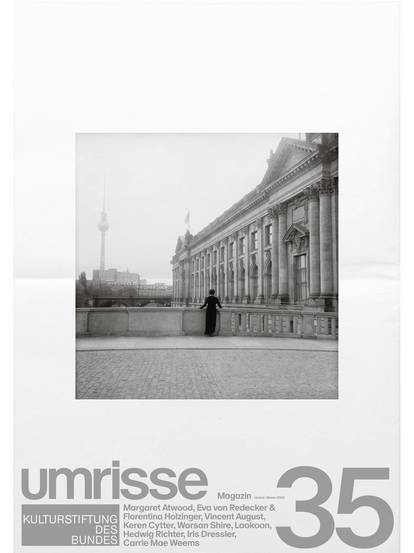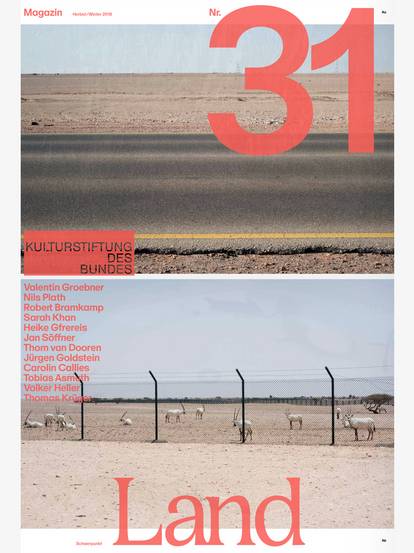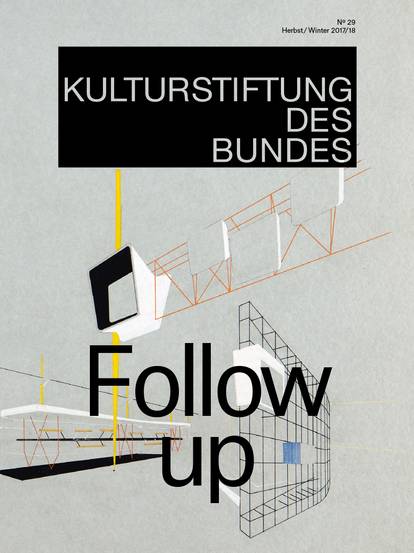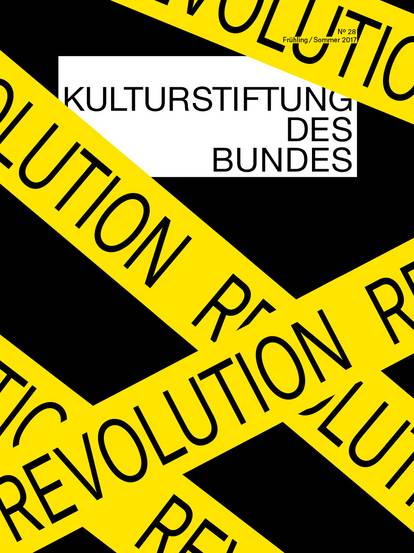Dear Bibi,
You are not the only librarian who has expressed concerns about the future of libraries. Either you hear them saying that they’re old-fashioned or obsolete, or they envision them as community centres more focused on experiences than reading and literacy. You are asking yourself why we need a new librarianship that reimagines a library’s role, and yours, in a modern and diverse urban community.
Can’t libraries just be quiet refuges for reading? Why can’t they be left alone? Why are people urging you to get out of the building and to step into complex – and scary – discussions about integration and nationalism and social safety nets?
My answer will hopefully give you courage and strengthen your self-confidence: It’s because our communities need us – there are few others who can help them. And because librarianship has been on a mission for over 4,000 years. Libraries, and those who build and maintain them, have been committed to helping communities get smarter for ages. In ancient Alexandria, the head of the great library was the counsellor to kings. In the Middle Ages libraries fed the souls and minds of the people.
The digression into history is important for recognising the great tradition whence we have come. The Renaissance was as an explosion of knowledge into society – not books or manuscripts, the tools of knowledge – but views on art and justice and society. Libraries were the research labs of philosophers. If you study the Enlightenment, the Reformation, or even the advances of the Internet, you will find libraries and librarians everywhere. And our need for a new librarianship derives from the same reason we measure history in millennia: our society is changing and facing new opportunities and challenges – and it needs its libraries and librarians to do the same.
No one is asking you to throw out your work and experience and start over. However, you do need to put them to new uses. For over a century, librarians have sought to collect materials and make them available. This notion has been driven by ideas forged in the age of the Industrial Revolution. We sought to build libraries around standards and efficiency so that a library in Berlin would function just like a library in Hamburg or New York or Cairo. We were not alone. We built our schools and even our governments on the concept of the assembly line. The time has finally come to rebuild these on something far more consequential than efficiency – now is the time to build upon that which outweighs efficiency – how people find meaning in their life.
You must understand, Bibi, what libraries represent – not a place of books, databases, or computers, but society, the community itself. Those books, that building, they are fine tools, but they are only kindling to the genius of society. Our goal is not to collect everything our society needs, but to unleash a smarter, more confident and inclusive society upon the world. Libraries will continue to be houses of cultural heritage – a culture that is alive and dynamic, and a heritage that is growing and constantly being re-examined.
Those people that come into your library – they are not consumers seeking to be entertained or informed. They are people seeking to make their lives matter. They seek to learn, to share, to participate, the engineers, plumbers, musicians, lawyers and more. These people comprise the holdings of a library, they are grander than anything found in the biggest collections in the world. Because they can do something that no Library of Congress or Vatican Library can do: create new knowledge. What’s more, they can do for themselves and their neighbours something no text, no matter how lofty, can do: change the world for the better. Your collection are the citizens of today and the leaders of tomorrow.
Imagine your library not as an oasis or a retreat – but an engine of change. Imagine combatting terrorism through neighbour knowing neighbour. Imagine protecting democracy by preparing voters who can differentiate propaganda from trustworthy sources. Imagine fighting poverty by providing services that teach skills and knowledge and strengthen one’s self-esteem. No matter how poor you are, no one can deny you the dignity of learning. Learning from books, from YouTube or friends.
I realise this doesn’t make you less worried. In fact, such grand ambitions probably make you more nervous. But you are not alone. Libraries in the Netherlands are equipping buses with 3D printers, WiFi, and “FabLabs” to stay connected to students who live in remote parts of the country. In the United States, librarians are serving as social safety nets for homeless families. In Switzerland, librarians help new immigrants integrate into society by providing language training and helping them find suitable housing. In Italy, cities are using public libraries to preserve ancient manuscripts and provide study spaces for university students – building a new piazza along the way. In city after city, country after country, and continent after continent public libraries have thrown open their doors, letting the people in to create a new community living room, while the librarians are reaching out to the people.
And these librarians are not unique. They have the same resources and skills as you. Is it scary? Perhaps. But it’s worth it. By refocusing their existing skills on learning and people, librarians are not only doing more good, they are reintroducing the profession to the people. We will no longer be seen as passive “book folk”, but valuable advocates.
So Bibi, I know these calls for change in librarianship may seem scary, or annoying, or invigorating, or frustrating, or all of this at once. But here is what you need to know: what libraries will become is ultimately up to you and the people you serve. Our communities desperately need engaged advocates that help them make smarter decisions. The tools you use to help them may change, but your mission, to improve society through learning, that remains. It was true on your first day in the library and it will be true as you take the library to the people. Take courage, Bibi, I know you can do it!
Yours truly,
David

![[Translate to English:] Magazine 38](/fileadmin/_processed_/f/1/csm_Magazin38_Cover-Vorschau_921x1230_689f428dc3.jpg)
![[Translate to English:] Magazine 37](/fileadmin/_processed_/b/c/csm_Mag37_Cover-Vorschau_921x1230_b5129fdb2a.jpg)
![[Translate to English:] Magazine 36](/fileadmin/_processed_/2/a/csm_Cover_Magazin36__issuu_2f3cef97bb.jpg)





![[Translate to English:] Magazine 30](/fileadmin/_processed_/c/b/csm_magazin30_vorschau_9005f773d3.jpg)














